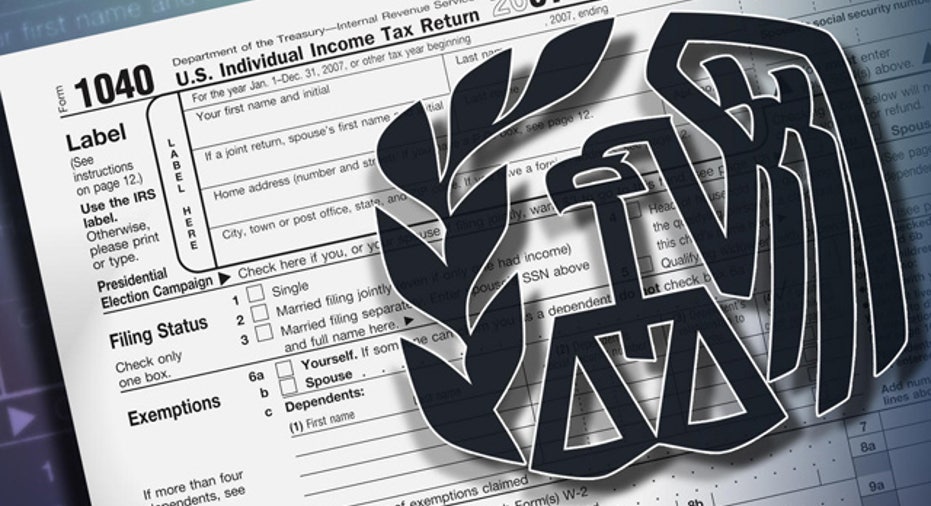Allowed Business Expenses: Learn From Other’s Mistakes

Allowed business deductions are those that are “ordinary and necessary” to your trade or business. You can put quite a spin on this when determining what to write off. I hear it every day: “But I’ve got to have this for my business.” Sometimes it’s true, and sometimes it’s a far reach and I always admire those who can proffer an anticipated and outlandish deduction request with a straight face. When it comes to determining what will qualify as a valid write off, it’s important to understand the intent of the tax code.
Personal expenses are not deductible. It would be nice to say that you need certain items in order to maintain a “professional appearance.” But beware: A recent court case: Hamper v. Comm’r, T.C. Summ. Op. 2011-17, says no way. TV news anchor, Anietra Hamper attempted to write off clothing, accessories, makeup, grooming supplies, contact lenses, and self-defense classes. But the court made the following determinations:
- Her clothing and accessories were suitable for general wear and therefore not deductible. Along with business suits and shoes, Hamper attempted to write off lingerie, bikini and thong underwear from Victoria’s Secret; I can see the judge rolling his eyes right now. Not even the business suits are deductible. Certain clothing is however. Purchase and maintenance of protective gear such as aprons, scrubs, coveralls, specialty shoes, and steel-toed boots are legitimate write offs. So are uniforms. If you emblazon your company name and logo on articles of clothing, you may write those off as advertising and promotion.
- Makeup and grooming supplies were considered personal expenses for the same reason: it was suitable for general wear. We should all be well-groomed. If, however, you are in a profession that requires special makeup and costumes – maybe you are a professional clown – then you would have a legitimate write off.
- Contact lenses cannot be deducted. Hamper claimed that she bought a separate set of lenses to read her work teleprompter. However, there was no proof that she needed a different prescription for work purposes. Of course, she would be allowed to take the cost of contact lenses and eye exams as a medical expense.
- The subscriptions she attempted to deduct were for general-interest magazines like Cosmopolitan, Glamour and Nickelodeon. Hamper claimed that she needed to stay abreast of current events but the judge rejected her selections. She would likely have no problem deducting these magazines as a business expense if she owned a hair salon.
- When it came to the self-defense classes, Hamper claimed that as a public figure, she’s affected by stalkers and the police advised her to learn to protect herself. That one might have slid by, but all she could come up with was a gym membership. She couldn’t prove she had actually taken self-defense classes. It was therefore decided the gym membership was to ensure her continuing good health, which is not even deductible as a medical expense.
Vehicle, cell phone, and meal and entertainment expenses were disallowed as well due to lack of documentation. Of all the audits I have been involved in, not a single client has maintained a vehicle log. But I have been able to push through this requirement to have a reasonable amount allowed by reconstructing the activity for the year. I don’t know a single business owner with the time--much less the inclination--to record each and every business mile traveled. What I suggest is that you record in your tax file the odometer reading at the beginning of the year and again at the end of the year. This way you have your total miles (personal and business) driven. It may then be a simple matter of using your appointment book, Mapquest, and best guesses to determine your deductible business miles. The IRS requires contemporaneous records and can ignore a reconstruction if they so desire. However, no auditor has turned away a reconstruction that I have offered.
When it comes to cell phone use, the IRS requires that you allocate personal from business and deduct only the business portion of the bill. Most billing companies no longer record each and every call on your cell phone bill. But if you download a three-month history, and make an allocation to keep in your tax file, that is acceptable to the IRS in the event of an audit.
Meals and entertainment is a favorite category for the IRS to audit. Most business owners do not know the rules and are shocked when they discover that much of their claimed expenses are disallowed. I urge you to check out my article about holiday entertaining: Also check out IRS Publication 463 for more information on the rules.
By the way, the court imposed accuracy-related penalties (those can be as high as 25%) on Hamper because it found no reasonable cause for her failure to understand the tax code. So check it out and save yourself some heartache.
Bonnie Lee is an Enrolled Agent admitted to practice and representing taxpayers in all fifty states at all levels within the Internal Revenue Service. She is the owner of Taxpertise in Sonoma, CA and the author of Entrepreneur Press book, “Taxpertise, The Complete Book of Dirty Little Secrets and Hidden Deductions for Small Business that the IRS Doesn't Want You to Know.” Follow Bonnie Lee on Twitter at BLTaxpertise and at Facebook.



















